The role of culture and cultural heritage in driving economic development is significant. Culture serves as a strategic tool that directly or indirectly impacts economic outcomes. The economic prosperity of a nation is closely intertwined with its cultural fabric. It is evident that the work culture and creativity within a society are pivotal in driving the economic progress of a country.
The influence of culture on economic development is multifaceted. It encompasses various aspects such as the work ethic, innovation, and entrepreneurial spirit prevalent within a society.

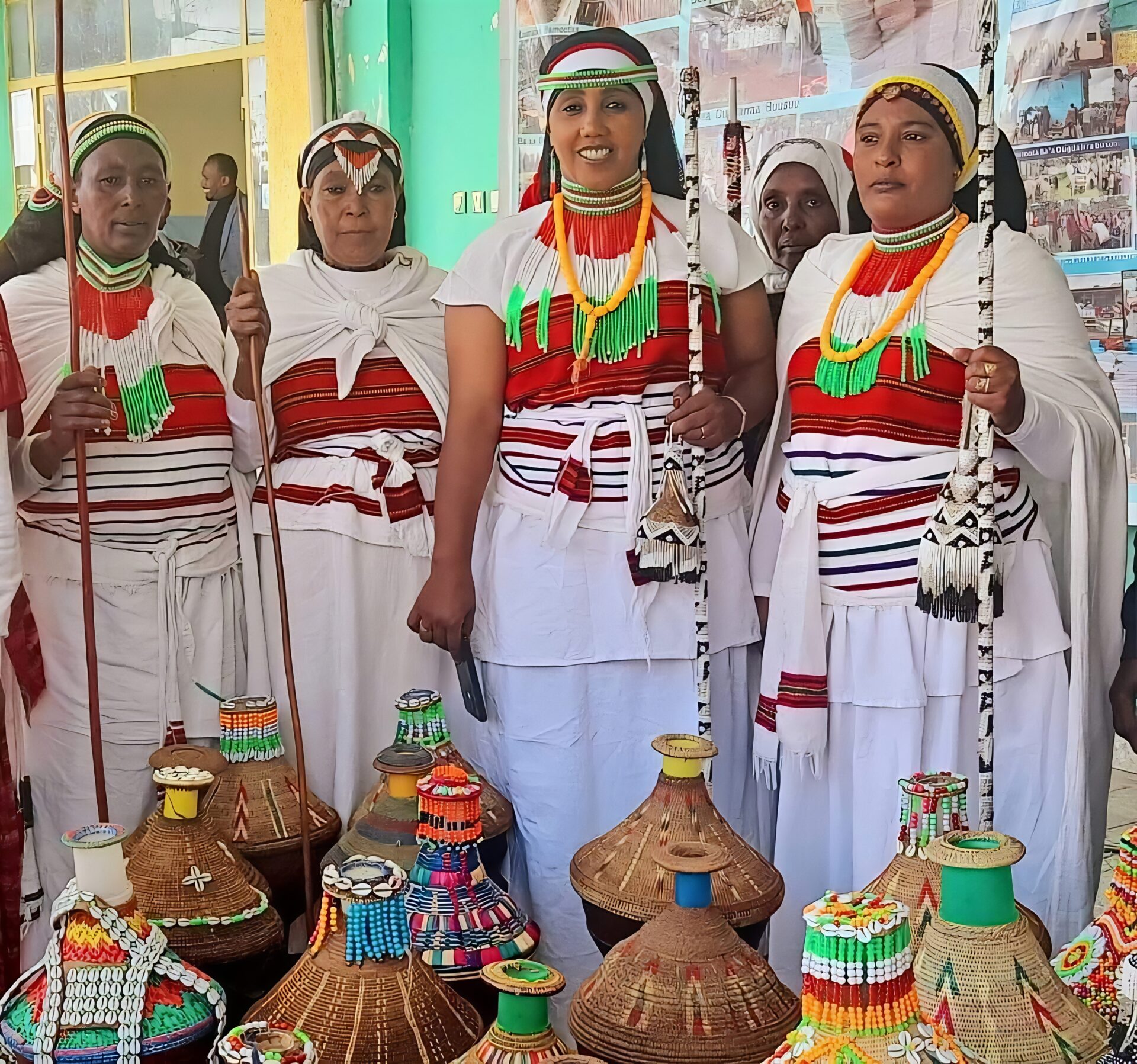


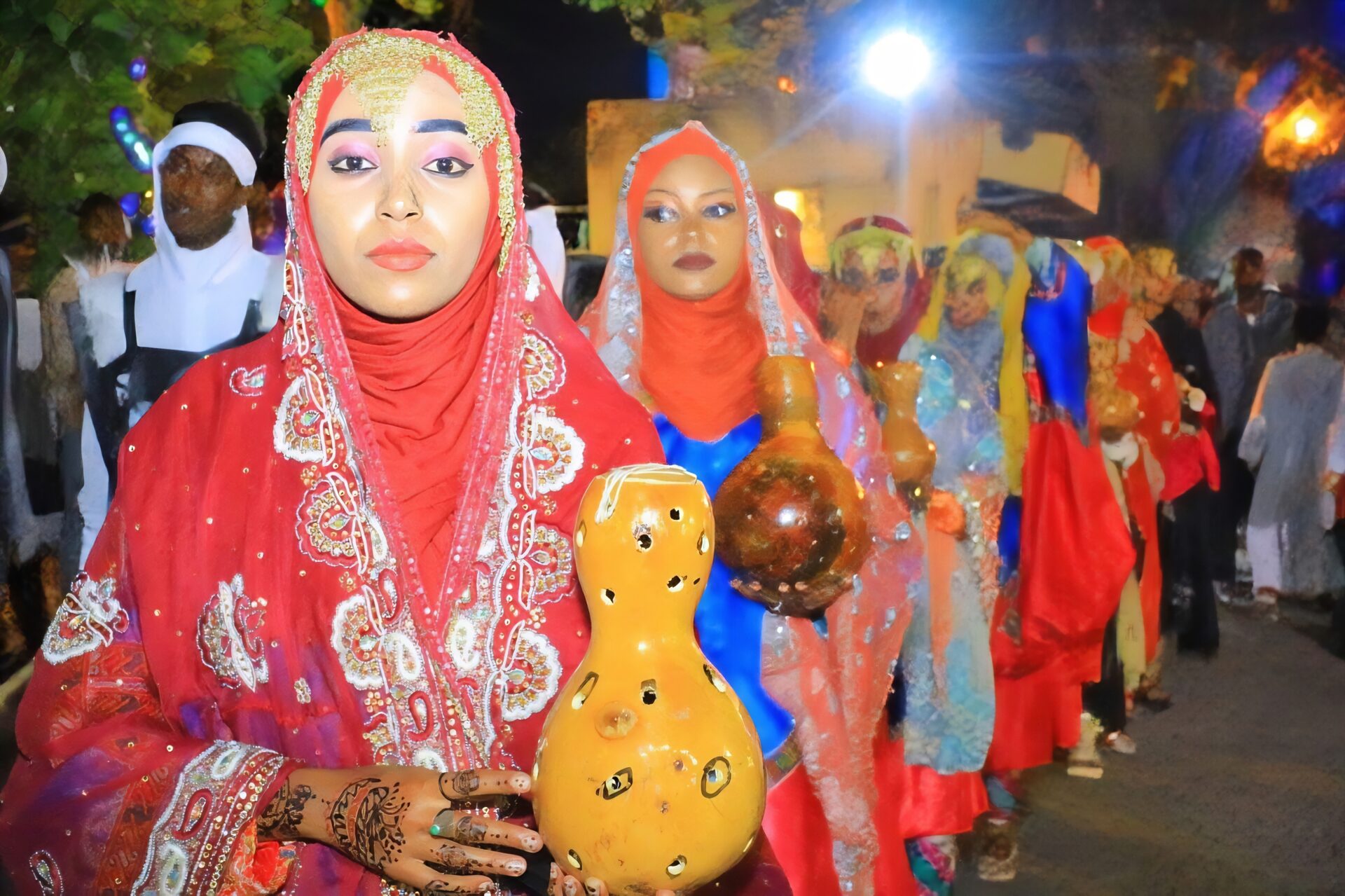
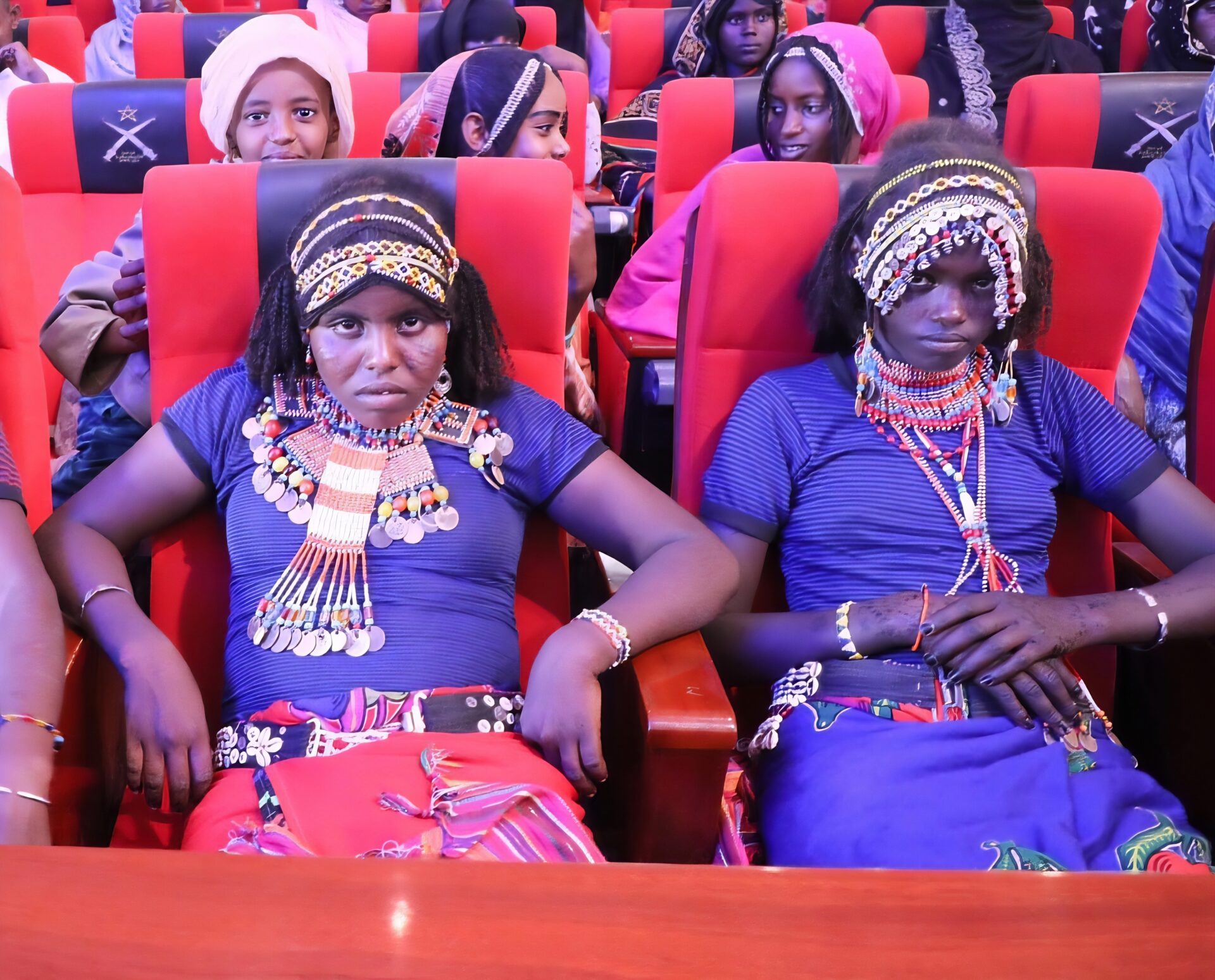



These cultural attributes contribute to the overall economic growth and prosperity of a nation. The way people approach work, their attitudes towards innovation, and their ability to adapt to changing economic landscapes are all influenced by the cultural norms and values that shape their society. Furthermore, cultural heritage plays a crucial role in shaping the identity of a nation and attracting tourism, which in turn contributes to economic growth. The preservation and promotion of cultural heritage not only fosters a sense of pride and identity among the populace but also serves as a significant economic driver through tourism and related industries.
Furthermore, the cultural values and traditions of a society frequently influence consumer behaviour and preferences, thereby impacting various sectors of the economy, including the arts, crafts, and entertainment industries. The distinctive cultural offerings of a nation can serve as a competitive advantage in the global marketplace, attracting both domestic and international consumers.

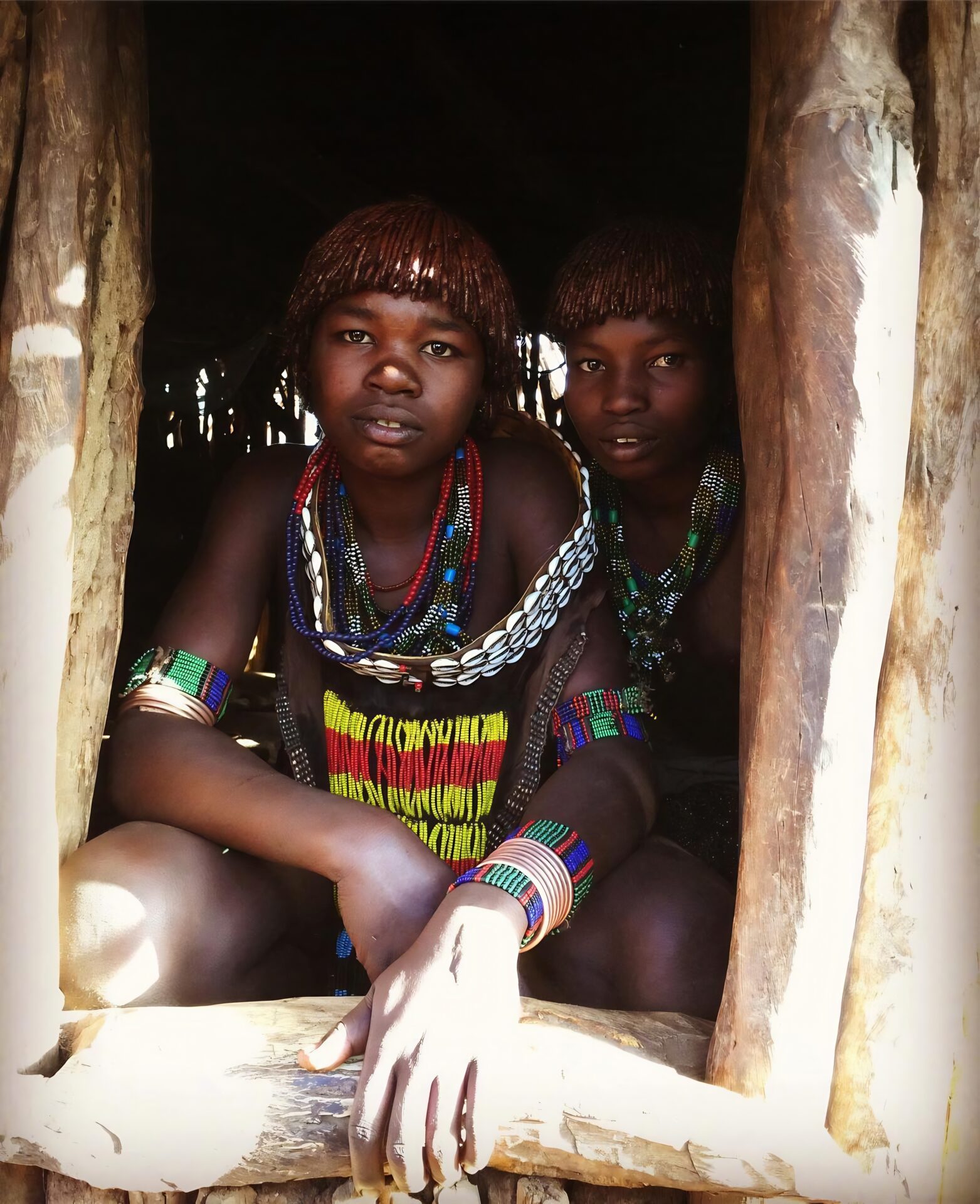

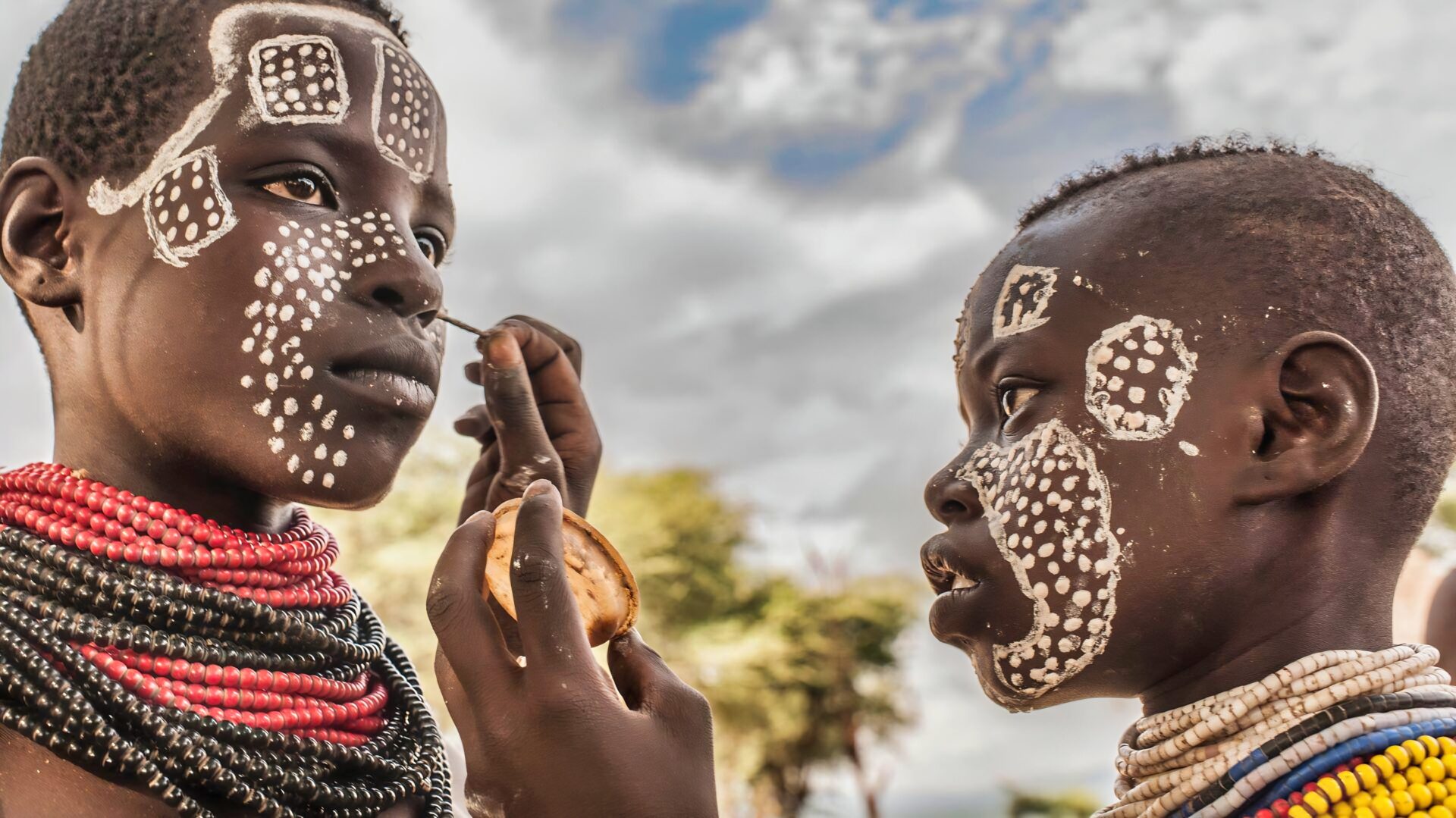


Furthermore, the cultural heterogeneity within a society can give rise to a plethora of ideas and perspectives, thereby fostering innovation and creativity. This diversity can be harnessed to drive economic development through the exchange of knowledge and the creation of new products and services that cater to diverse consumer needs.
It is crucial to acknowledge that the relationship between culture and economic development is not unidirectional. While culture exerts an influence on economic outcomes, economic factors also shape and influence the cultural landscape of a society. The advancement of the economy can result in the allocation of resources towards cultural institutions, the encouragement of artistic pursuits, and the protection of cultural heritage. These actions serve to reinforce the symbiotic relationship between culture and economic development.
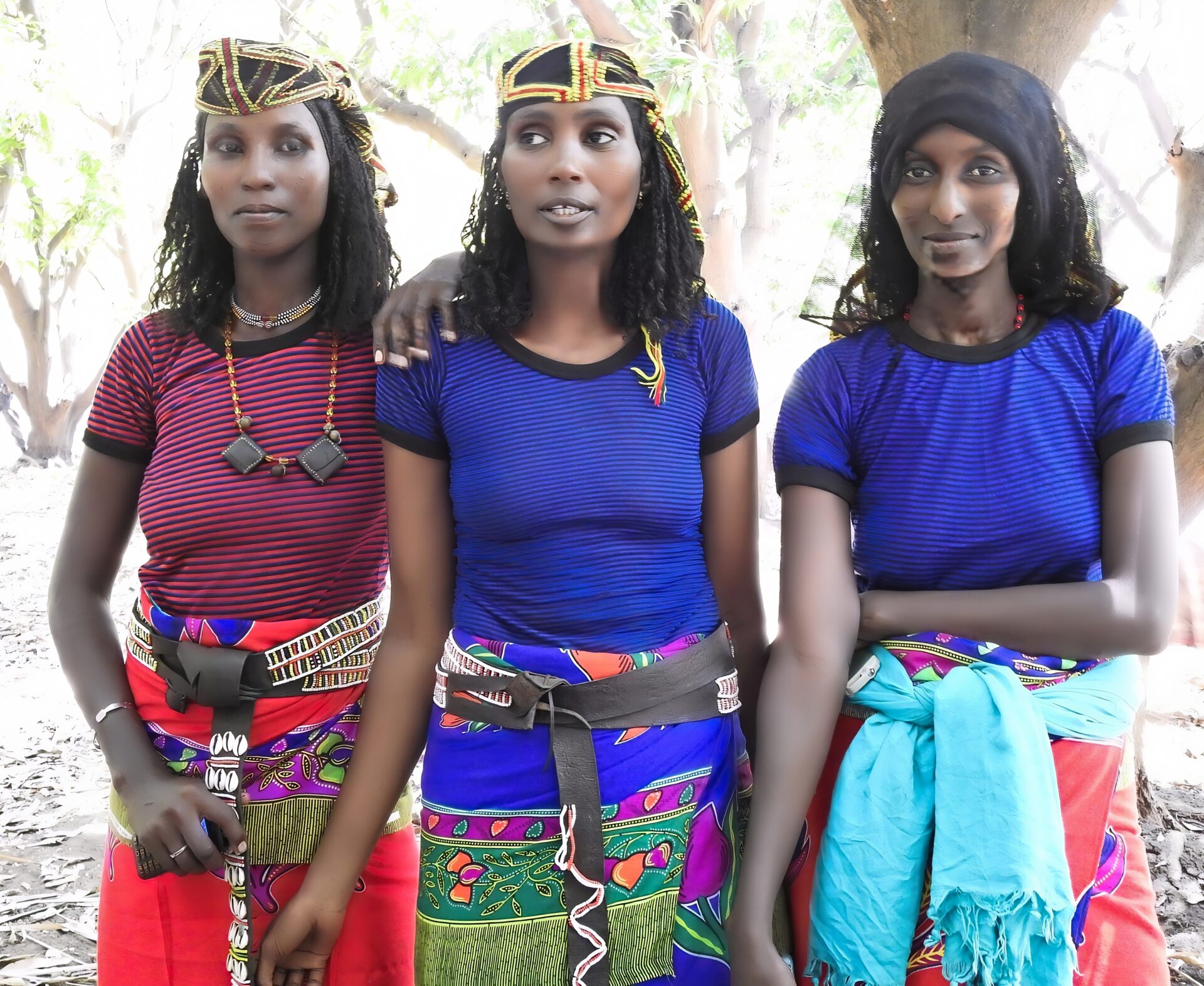
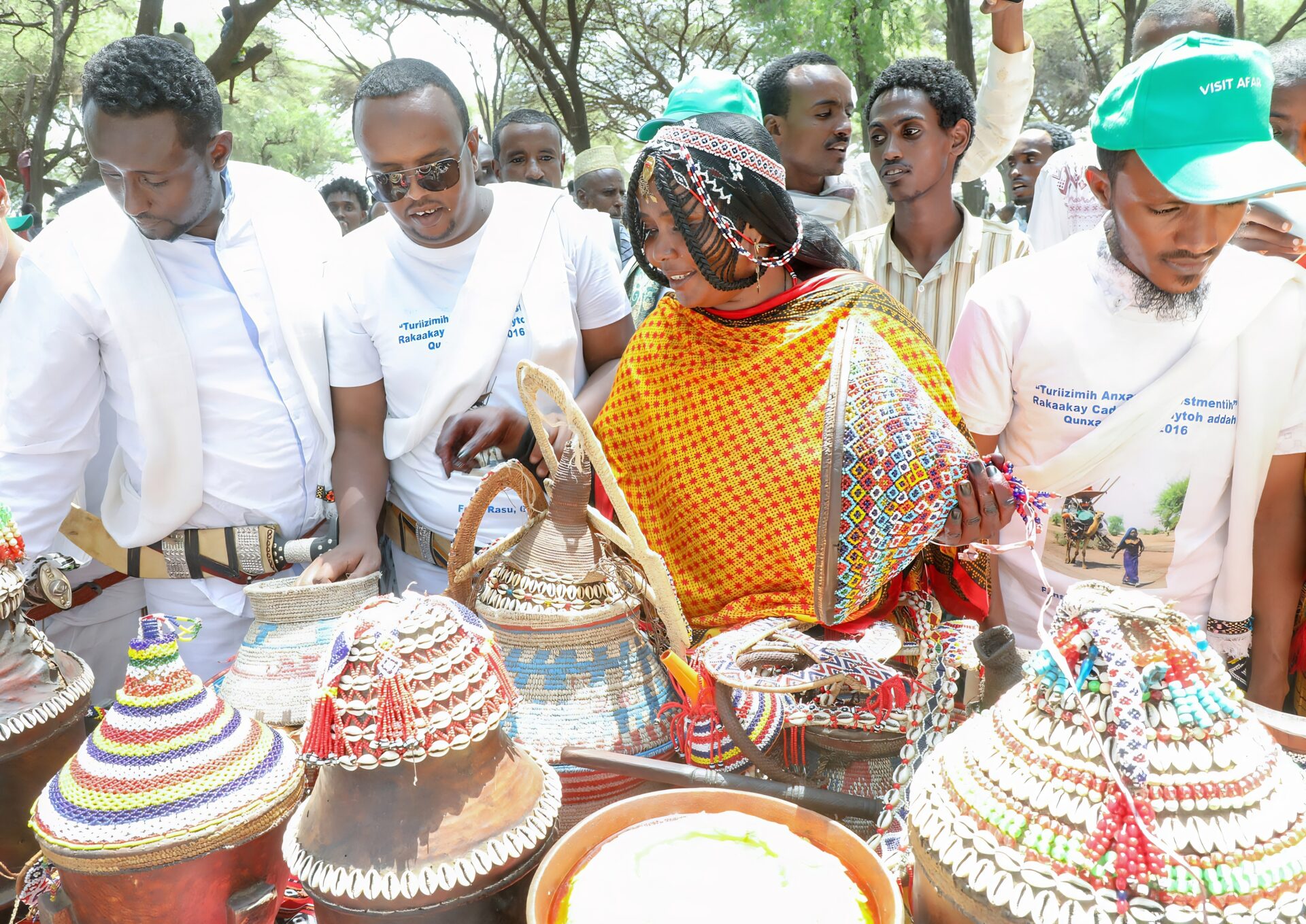


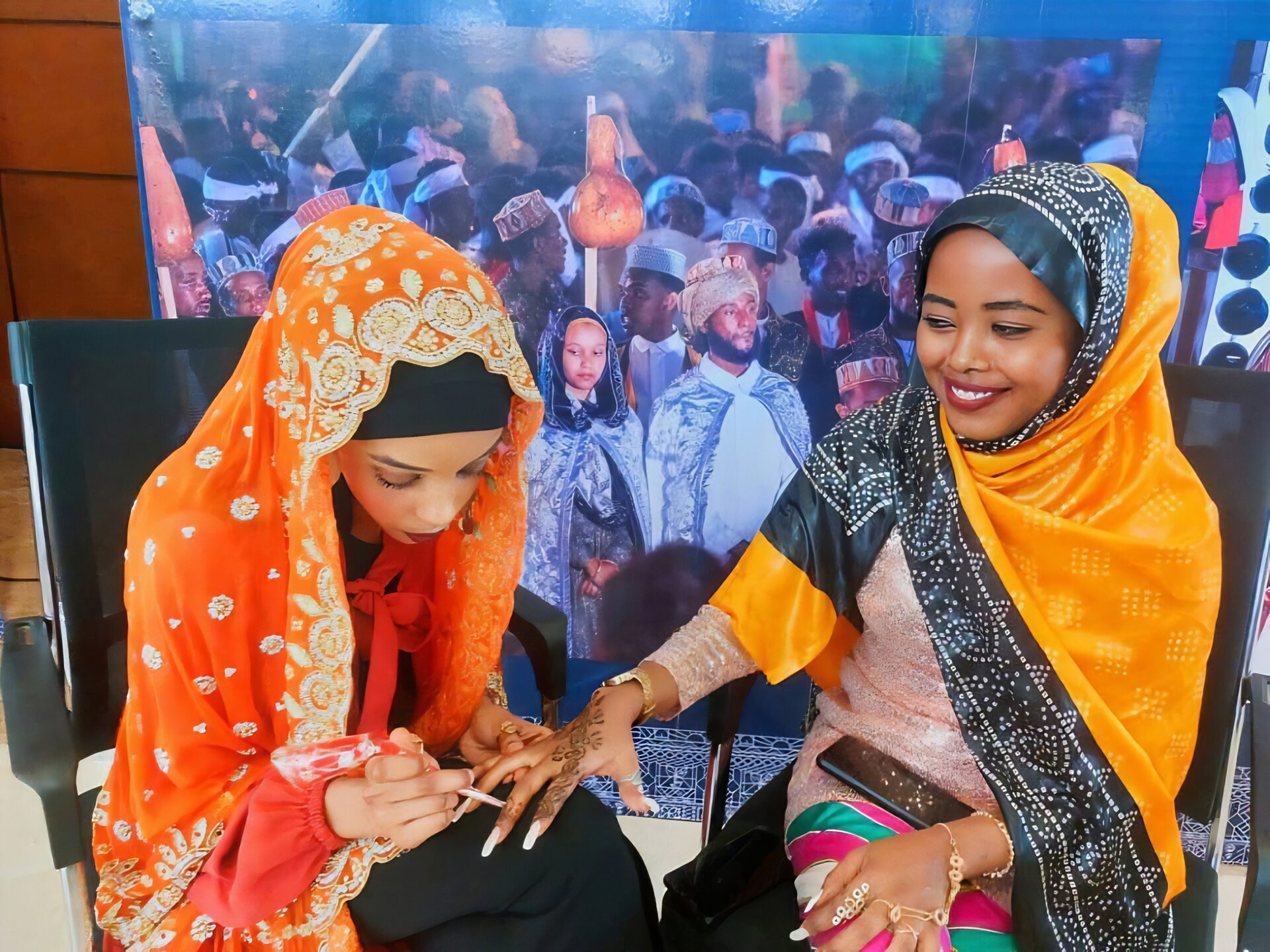
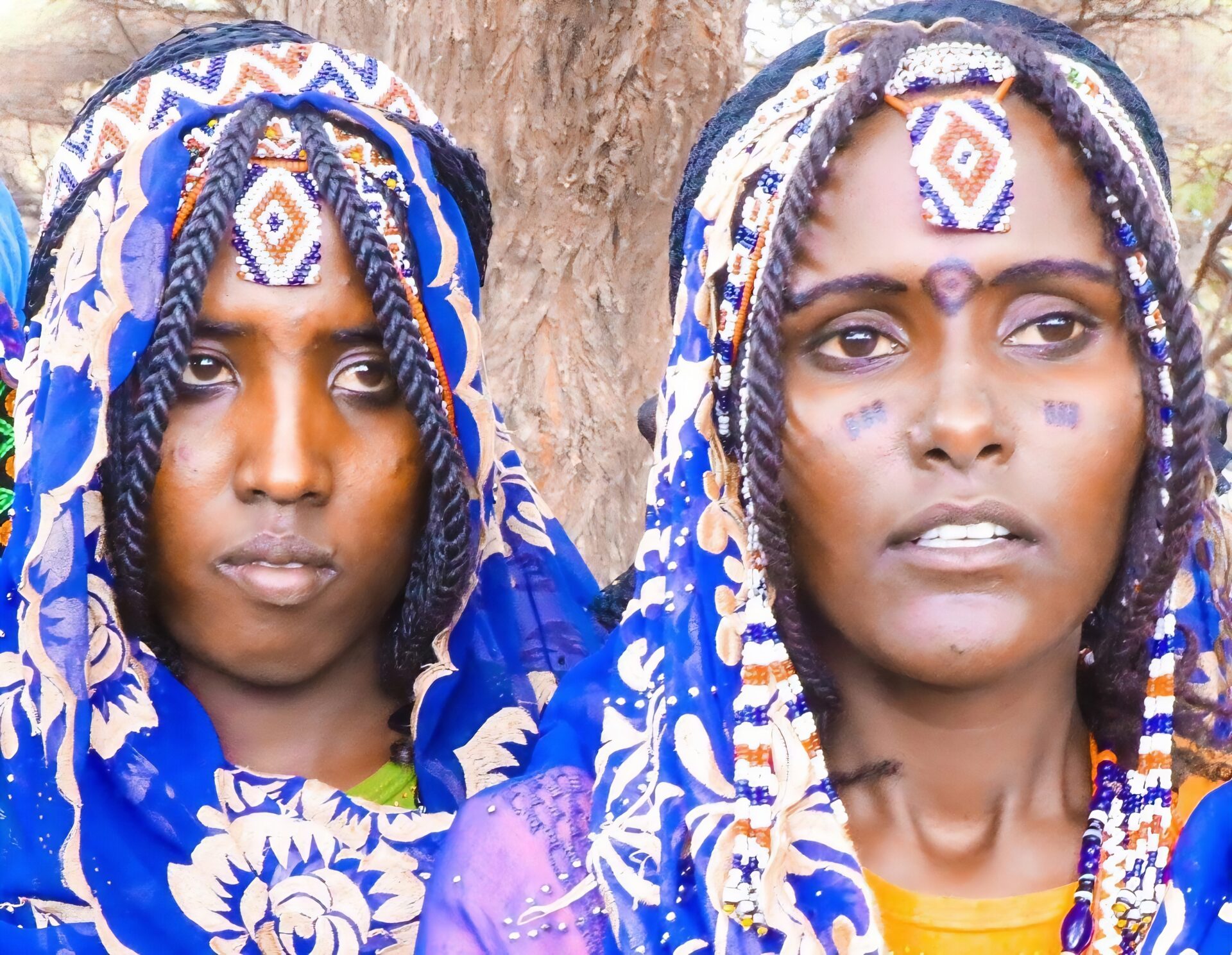

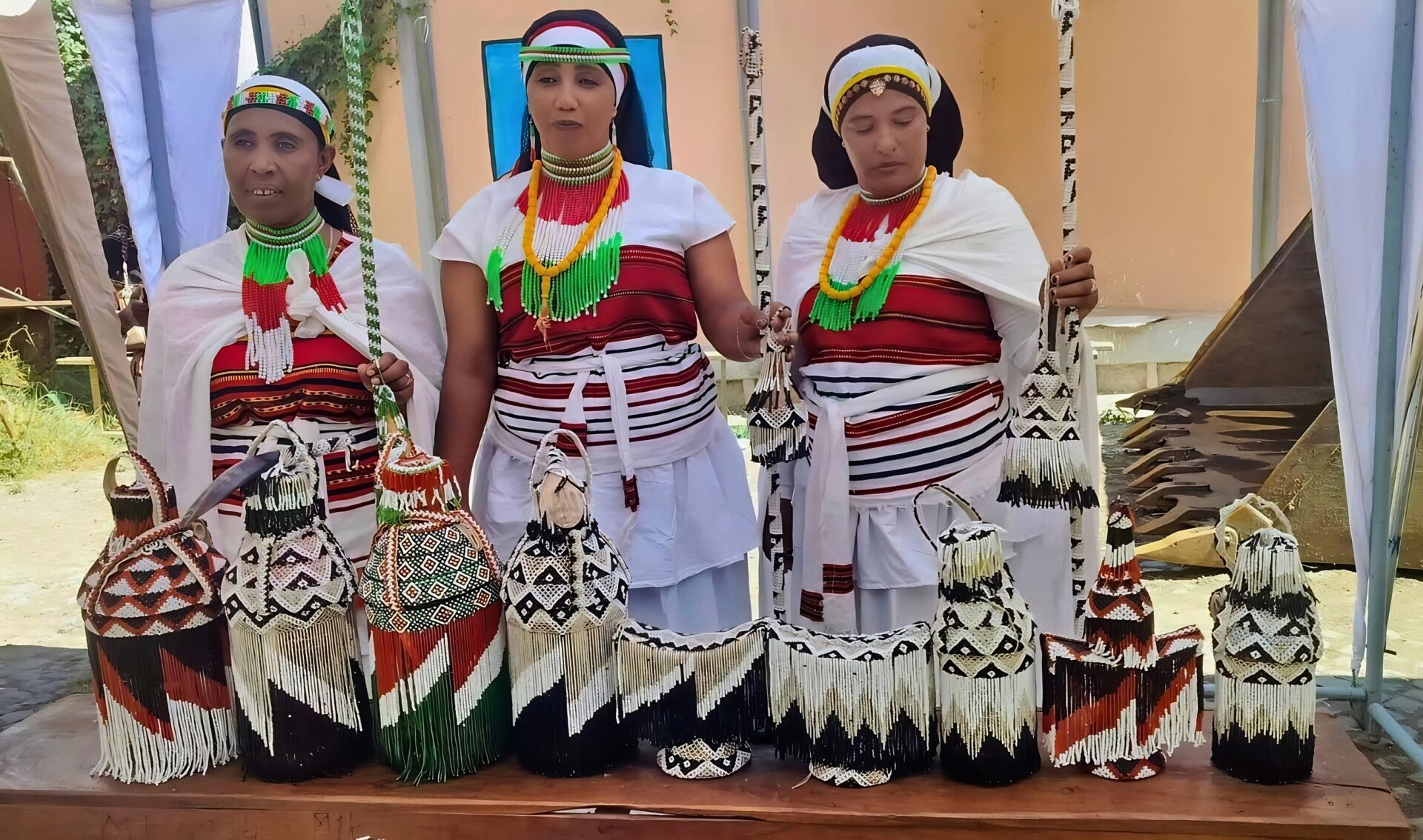

The process of social change is contingent upon culture, which is transmitted from one generation to the next and susceptible to various influences. In the pursuit of economic development, the work culture and creativity of a society are crucial elements that can be inherited from previous generations. The exchange of ideas between generations serves to foster a culture of work and creativity, thereby facilitating the generation of new ideas and innovations.
It is imperative that societies embrace progress and welcome new innovations if they are to advance. It is of the utmost importance to integrate these changes into our lives and to embrace them as part of our society. This mindset facilitates the acceleration of creativity and the removal of obstacles, thereby contributing to the overall progress of a community.
Cultural and artistic products, such as handicrafts, creative industries, cultural clothing, the fashion industry, literature, the film industry, drawing, and other cultural expressions, play a significant role in the economy of a country and its society. Such products serve as evidence of the impact of culture on economic development and societal progress.


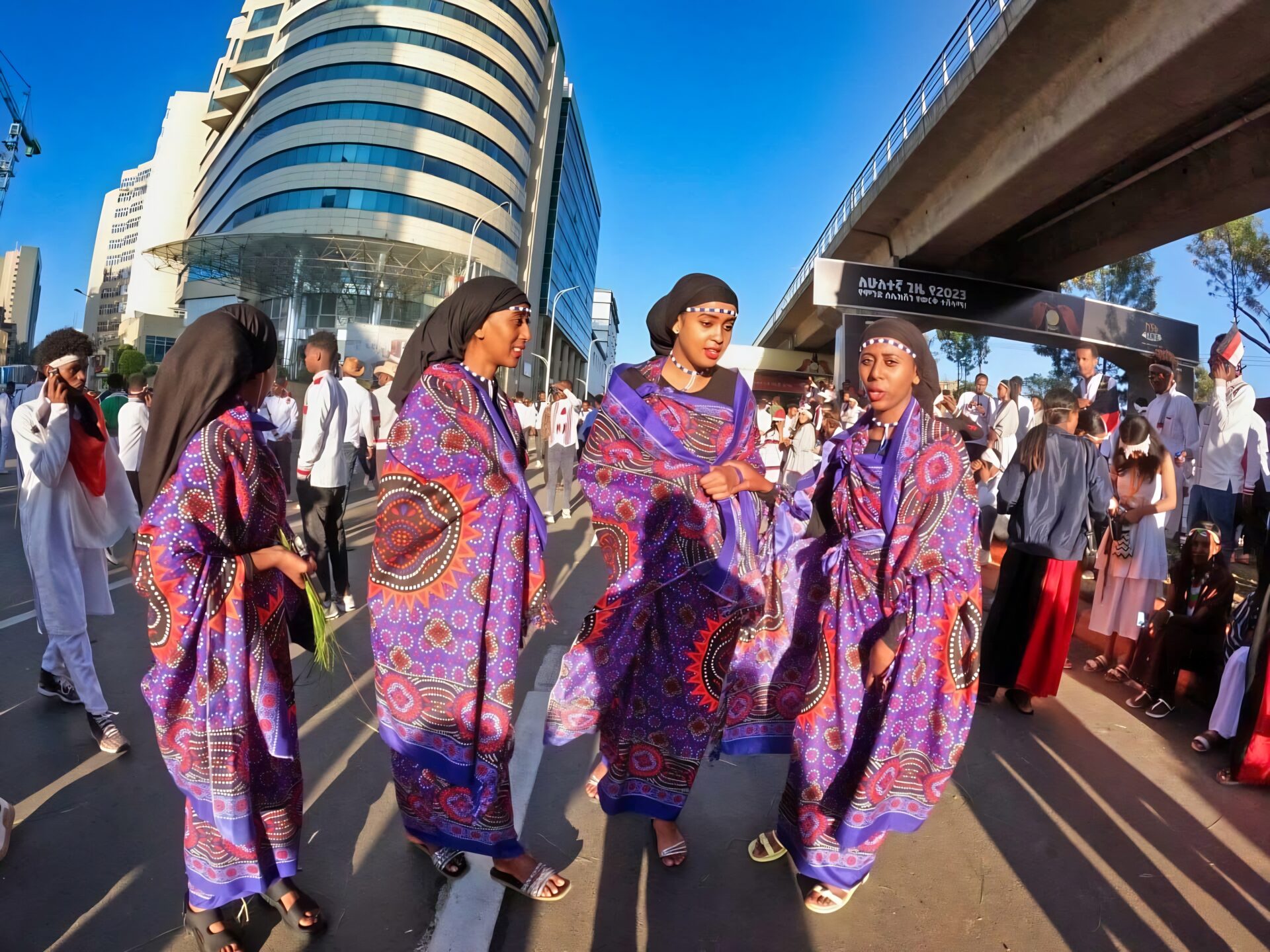

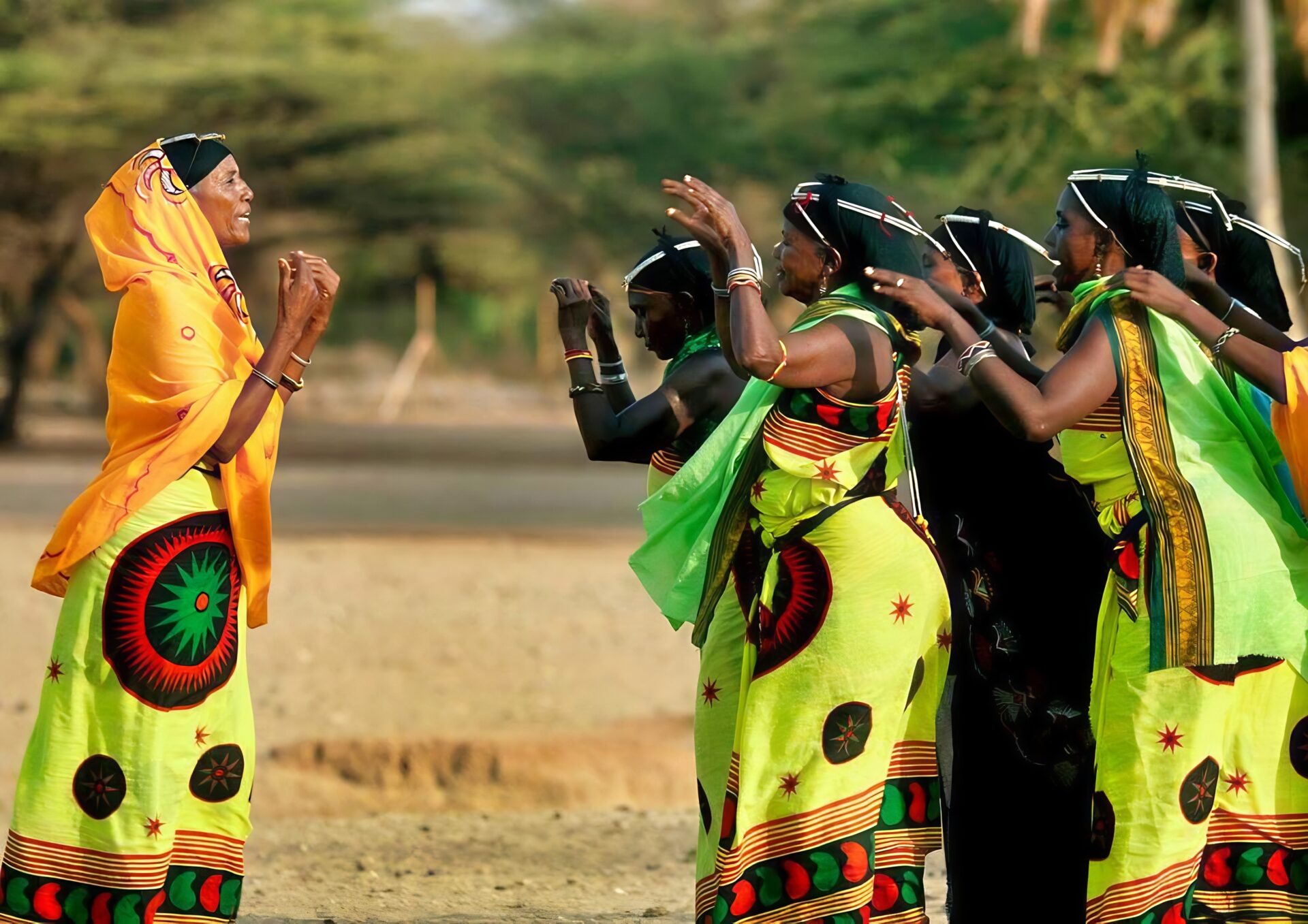
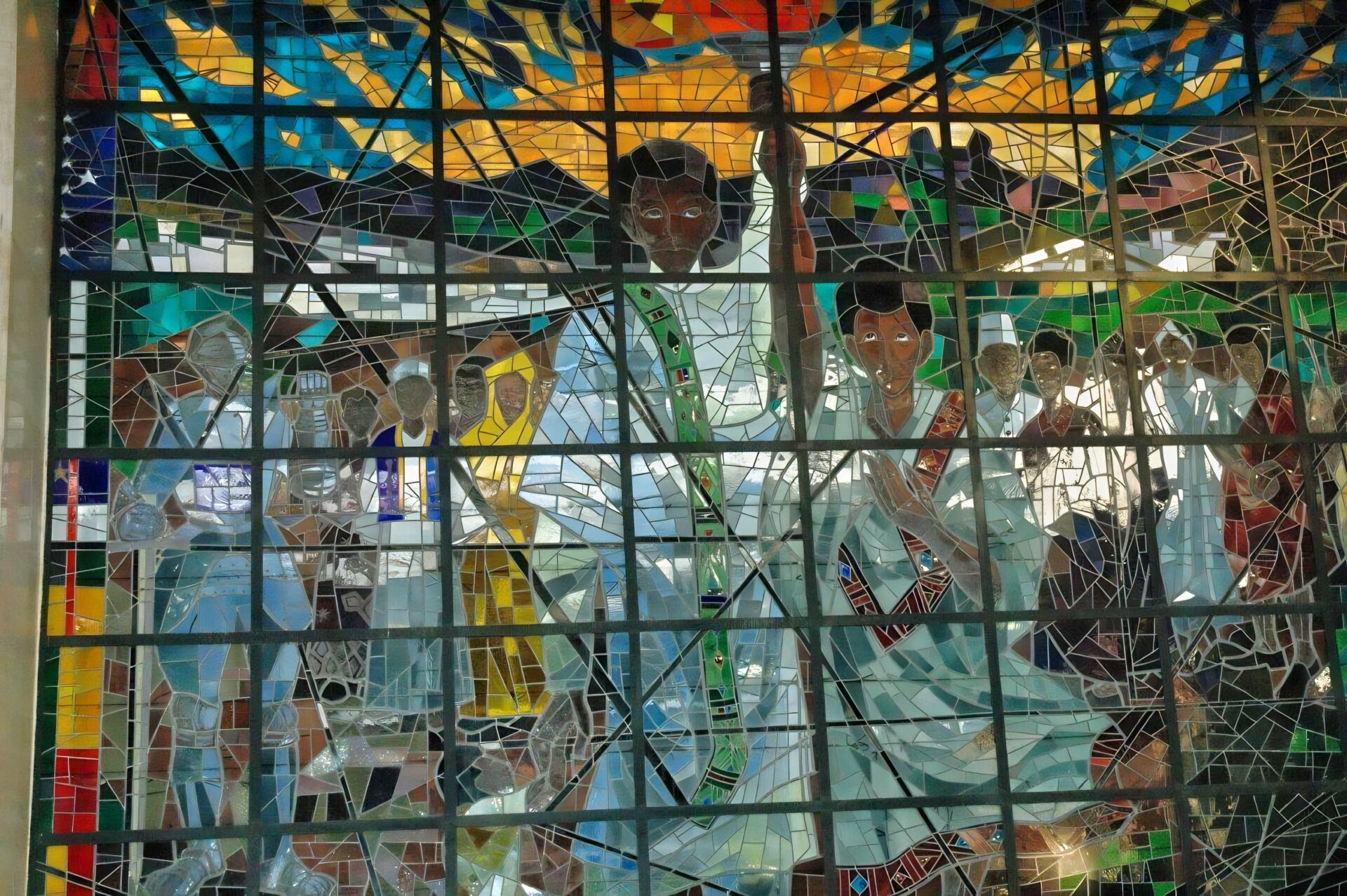

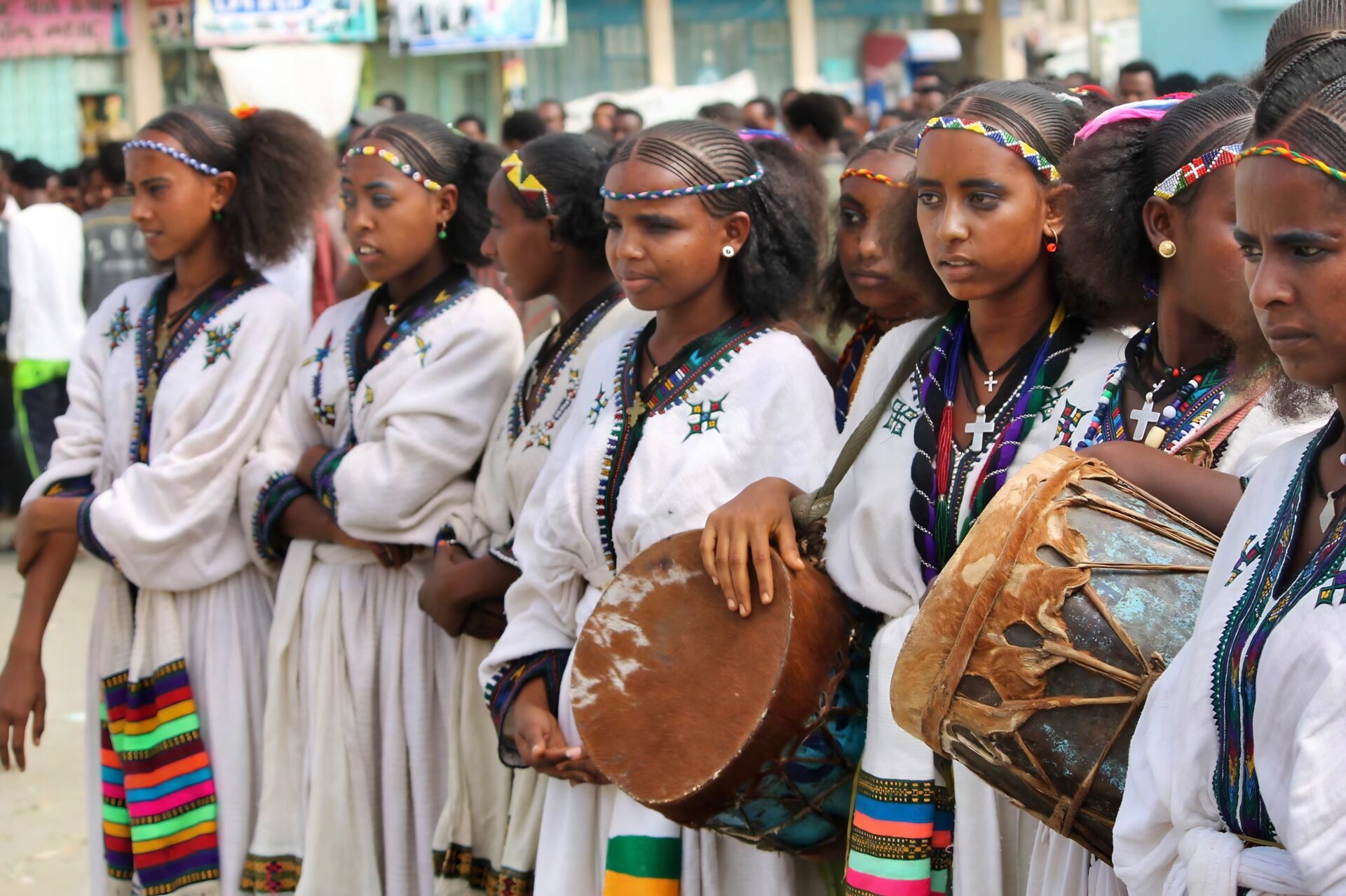

In developing countries, the culture of each generation is transmitted from its predecessors, influencing the language, traditions, and values of the society. This inheritance serves as the foundation for the evolution of work culture and creativity, laying the groundwork for future advancements.
In conclusion, it can be argued that culture and cultural heritage are integral components of economic development. The values, traditions, and creativity embedded within a society have a profound impact on the economic prosperity of that society. The fostering of cultural assets within a nation can serve as a powerful driver of economic growth, fostering innovation, attracting tourism, and shaping consumer preferences. It is crucial to recognise the symbiotic relationship between culture and the economy in order to develop effective strategies for sustainable and inclusive economic growth.
The interaction between culture, work, and creativity represents a significant driving force for social change and economic development. The incorporation of novel ideas and innovations into our daily lives is a fundamental aspect of societal progress. The cultural and artistic products of a society serve as a testament to the influence of culture on the economy and society as a whole. As we continue to inherit and evolve our cultural heritage, we pave the way for a brighter and more prosperous future.
Joram World
- CULTURE PLAYS AN IMPORTANT ROLE IN ECONOMIC DEVELOPMENT - 28 May 2024
- THE PRIDE OF WOLAYTA: THE HEROIC BOXER BETEL WOLDE - 11 April 2024
- THE PEACEFUL CELEBRATION OF EID HOLIDAY IN HARAR CITY - 10 April 2024










